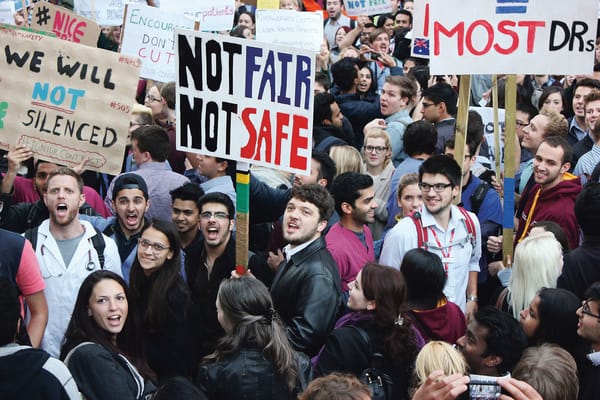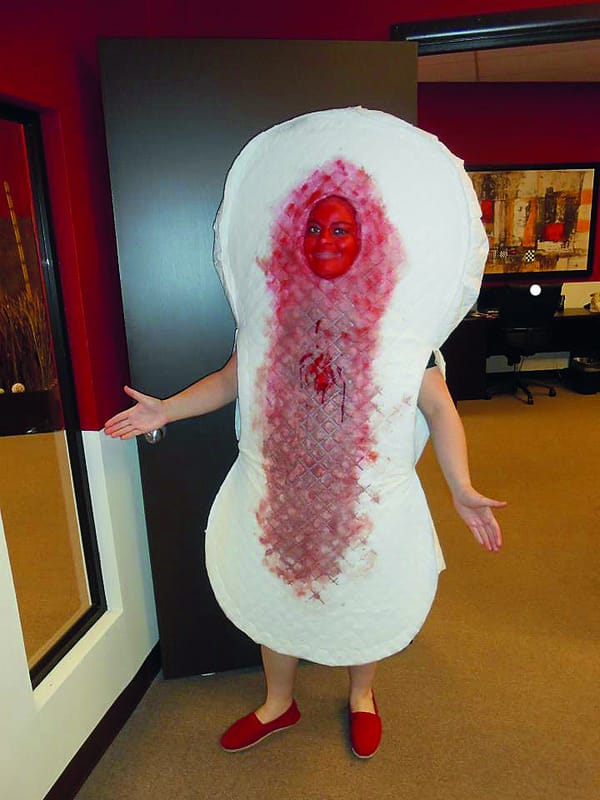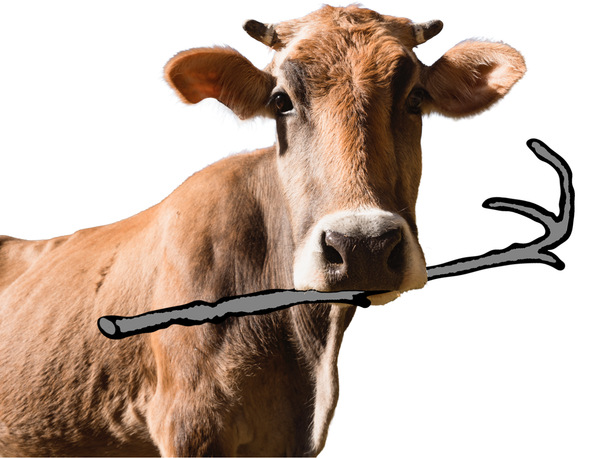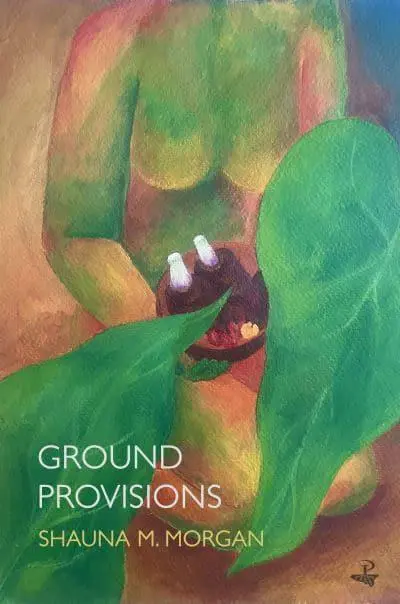Poppies are not a source of pride
What are you saying by wearing a poppy?
Wednesday 11th November marks 97 years since the armistice of the First World War. Across the UK, the poppy will be worn this month as a symbol of commemoration for all the lives lost and affected by conflict.
Every year the appeal is criticised for seeming to glorify war: the parade by the Royal British Legion can be seen to present wars as a justifiable necessity full of grandeur and pride – a bloody means to an end. The Festival of Remembrance takes place over the weekend at the Royal Albert Hall, including poppy-adorned performances by Pixie Lott and Rod Stewart.
I will be wearing a poppy, but I won’t be wearing it with pride.
Another criticism is that poppies have lost their meaning. The expectation for them to be worn in public is so strong that there were complaints when Channel 4 presenter, Jon Snow, chose not to wear one on air. Poppies are flown out to correspondents all over the world so that no news screen should lack the red paper badge. This week, the Conservative party was mocked for photoshopping a poppy onto David Cameron’s lapel for his new Facebook profile picture. If they have become such a requirement this time of year that photos must be corrected to display them, do they mean anything but conforming to what is expected? What do they mean besides a reflection of the calendar month? Nothing but a deferential “respect our troops”?
For me, poppies are a symbol of the harsh realities of war. The jarring red symbolises the blood of those on any “side” that died, and are still dying in combat. The money raised by the poppy appeal goes to support past and present soldiers and their loved ones, whose wounds are mental as well as physical. For those affected by war, I think the respectful thing to do is to take a step back, and have a moment of silence to acknowledge the atrocities experienced by fellow human beings. The poppy reminds us that the real cost of war is not paid by nations, but by ordinary individuals. It is not about glorifying any “victory”, but about the loss that happened, and is happening. It is important to remember so that we can make a conscious effort to support those who are subjected to such horrors. The poppy is a sobering, not beautiful sight.
I will be wearing a poppy, but I won’t be wearing it with pride.








